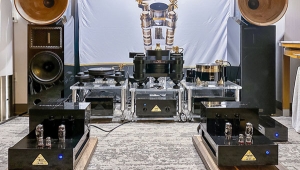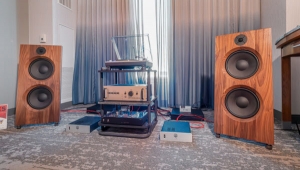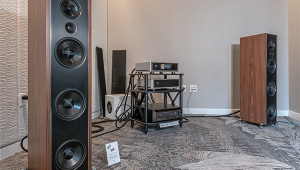| Columns Retired Columns & Blogs |
Looking Grim for Net Radio
On April 16, the US Copyright Review Board (CRB) denied an appeal of its decision to restructure the royalty fees for Internet radio. As we reported, independent Internet broadcasters and the NPR called it a "stunning, damaging decision," predicting that it would price small operators and public broadcasting, which do not receive widespread commercial underwriting, out of business.
The three-judge board said the appeal was based upon the assumptions that "new evidence is available or [that] there is a need to correct clear error or prevent manifest injustice." This, it deemed, the complainants had not done, instead, "restat[ing] arguments that were already made or evidence that was presented in the hearing." The board also issued a smackdown of NPR's claim that the board should modify the pay-for-play rate for its stations, stating that it should have made those arguments during the original proceedings.
The CPB's decision is final, although not irrevocable—Congress, if it could be made to care, could intervene. Thus, there are several sites advocating direct petition to Congress, such as Save Net Radio. According to Wired's Elliot Van Buskirk, there's another option: Digital Media Association (DiMA), the trade group for online audio and video industries, could file an appeal in the District of Columbia's US Court of Appeals. Buskirk says he has written DiMA for information about their appeal, but so far has not received a response and, as of April 22, there's no information on the trade group's website.
Editorial Note: This news follows hard on the heels of the decision that, contrary to policy since its founding, the US Post Office is to start charging small-circulation magazines more to mail their issues than those with large circulations. Both this decision, which was made by the Postal Regulatory Commission at the suggestion of Time-Warner, and the CPB's decision work in the same direction: favoring large, monolithic companies at the expense of the smaller ones who, it can be argued, do more than their fair share to advance the vigorous public debate envisioned by this country's Founding Fathers.—John Atkinson
- Log in or register to post comments



































